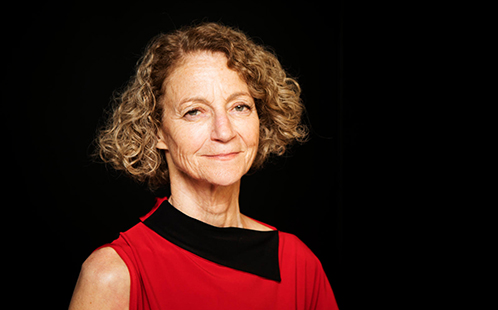
Research by Dr Dominique Estival , a linguist, pilot, and aviation communications expert from the MARCS Institute for Brain, Behaviour and Development, was a key contributor in developing and guiding the Australian Government’s Civil Aviation Safety Authority (CASA) Safety Behaviours: Human Factors for Pilots 2nd Edition Communication Module that was recently released.
The Safety Behaviours: Human Factors for Pilots resource kit provides pilots with case studies and practical exercises focusing on the elements needed to create and maintain a positive safety culture.
Effective communication is critical to safe aviation, from single-pilot operations to commercial passenger flights. Misunderstandings and communication failures have contributed to the deaths of more than 2000 people in aviation accidents since the mid-1970s.
“Clear communication can be the difference between a safe flight and an aircraft accident. A misunderstanding, for example, was a key contributing factor in the Tenerife accident which caused the greatest loss of life in aviation history to date, 583 people,” said Dr Estival.
Dr Estival’s co-authored book ‘Aviation English: A lingua franca for pilots and air traffic controllers’ investigates the key issues in the use of English for communication in aviation. The role of Aviation English is to assist in the clarity of communication when operating over the radio and to minimise miscommunication.
“Radio removes some frequencies, for example the difference between ‘nine’ and ‘five’ is lost, as the V and N sound the same. So Aviation English uses ‘niner’ and ‘fife’ to avoid misunderstandings” says Dr Estival.
A key recommendation of Dr Estival’s research is that in the aviation industry, native English speakers need to adjust the way they communicate to reduce the risk of misunderstanding by pilots and Air Traffic Controllers who have English as their second language.
“Accents and pronunciation errors that people can make will depend on their original language. Aviation English tries to mitigate that. For instance, instead of saying ‘three’, you say ‘tree’. That is because in many languages, such as French, there is no distinction between ‘th’ and ‘f’,” explains Dr Estival.
“Aviation English is a different language and dialect that you have to learn and practice . It is important not to use slang or a conversational tone as other pilots may not understand,” explains Dr Estival.
The Safety Behaviours: Human Factors for Pilots communication safety module is currently being taught at regular CASA Aviation Safety Events and seminars across Australia. Click here to find an event near you.







